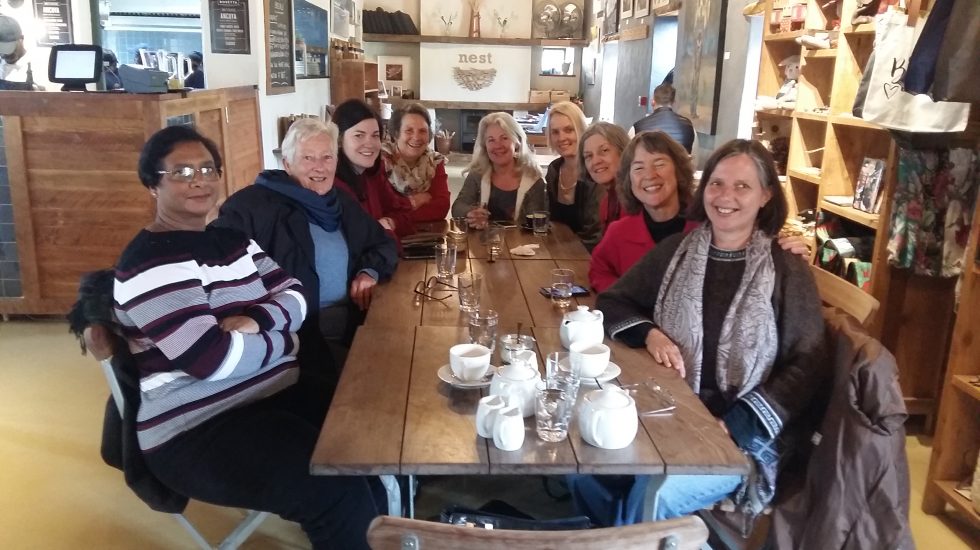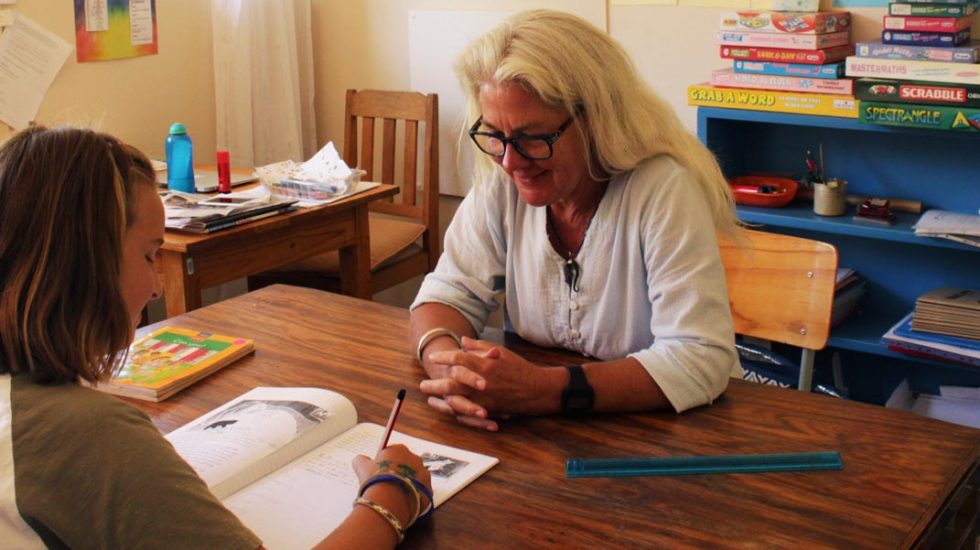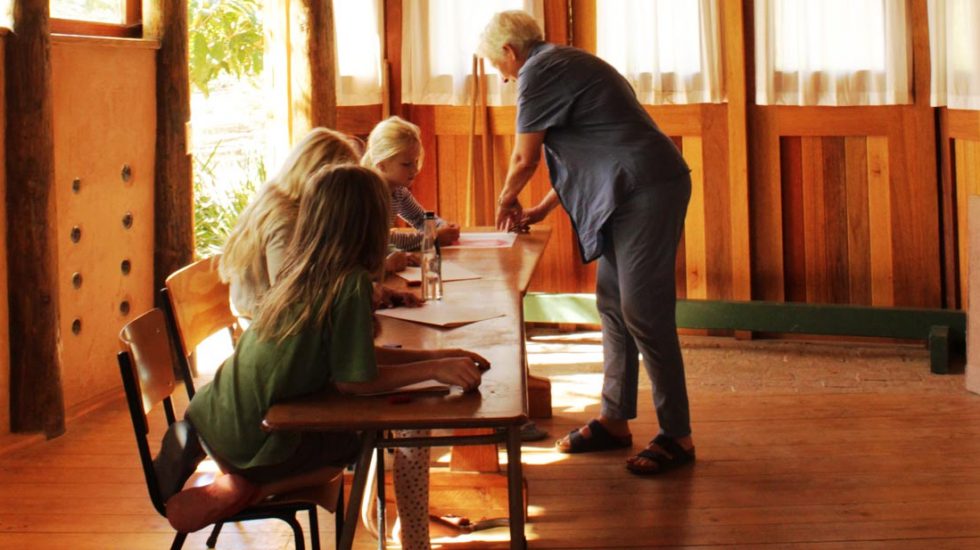Our rightful place as educators is to be removers of hindrances; Each child in every age brings something new into the world from divine regions; and it is our task as educators to remove bodily and physical obstacles out of the child’s way, to remove hindrances so that the spirit may enter in full freedom into life.”
Rudolf Steiner
The Constantia Waldorf School has established a comprehensive Learner Support Faculty for the benefit of those pupils who may be experiencing learning, emotional or health difficulties. The faculty includes English, Afrikaans and Arithmetic support teachers, counsellors and various therapists. Closely linked to the school are further specialists who offer their services in a private capacity in or out of school hours.
We offer the following:
Assessments and Testing
- Speech and hearing tests – these tests are done annually for the preschoolers and any pupils new to the school or for those who need follow-ups.
- Kindergarten School Readiness.
Learner Support for Junior Primary School – Children who require support are helped individually in mathematics, spelling and reading.
- The “Extra Lesson” – The “Extra Lesson” is an educational support programme based upon the work of Rudolf Steiner and developed by Audrey McAllen, for these children with potential reading, writing and arithmetic difficulties, and/or attendant behavioual problems. The child is guided through a series of movement, drawing and painting exercises that address the underlying source of the difficulty.
Learner Support for Upper Primary School and Lower High School – Towards the end of the Class 6 year, the pupils are given a formal assessment covering all aspects of mathematics and English Literacy. The individual lessons are stress free, encouraging and enjoyable
Learner Support for High School – In-class and individual assessments and support is offered to learners. Learner support offers this in close consultation with the teachers.
Afrikaans Support
Occupational Therapy – A holistic approach to assess, identify and treat delays that a child may be experiencing in reaching his/her developmental milestones with regard to their play, socialization and learning. Play is used (which is vital in the early development of children) to enhance a child’s gross and fine motor skills, which help develop postural strength and endurance, improve visual motor skills, sensory integration, daily living skills.
School Counseling
Primary School
- Bridging Polarities through Art – This is a process orientated art healing intervention. The Art Work is a developmental process, using the language of form, colour and gesture to strengthen the self.
- Sand Tray Work – Sand tray work is nonverbal, therapeutic intervention which makes use of a sandbox or sand tray, miniature figures and sometimes water to create scenes of miniature worlds that reflect a person’s inner thoughts, struggles and concerns.
High School – The High School counsellor provides a safe space for students to come and open up while feeling comfortable to do so. Needs range from time management and planning skills, relationship guidance, communication tips or a listening ear to a space to show emotion and de-stress.
Rhythmical Massage – Rhythmical Massage is based on a spiritual-scientific (Anthroposophical) understanding of illness and healing. The massage creates a gentle rhythm that warmly enlivens the soft tissue.
Eurythmy Therapy – This is the third aspect of the “Art of movement” – Eurythmy. In Waldorf schools artistic Eurythmy is adapted to the needs of the growing child. Through Pedagogical Eurythmy the class teacher can observe improvements in coordination, rhythm and general health of the children.



